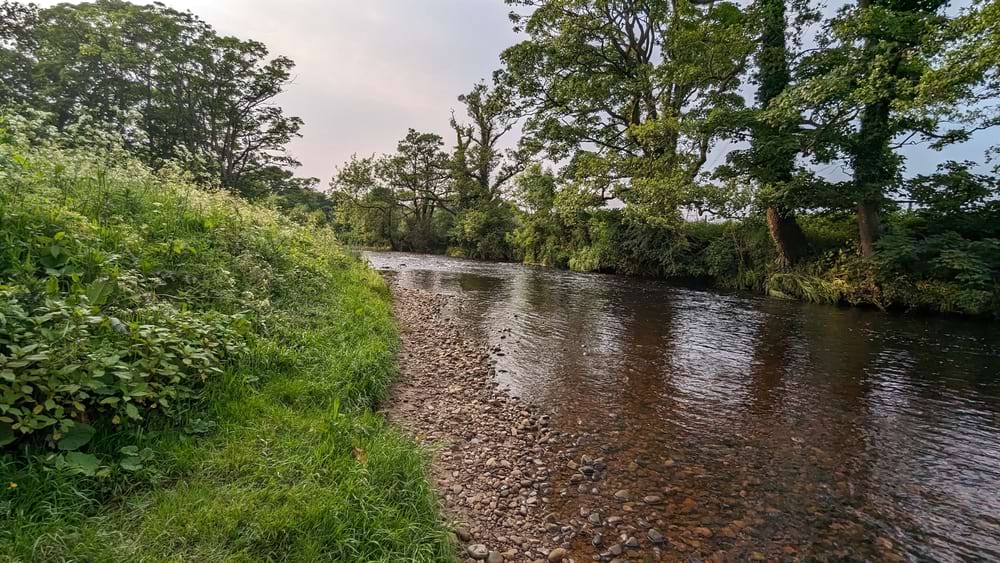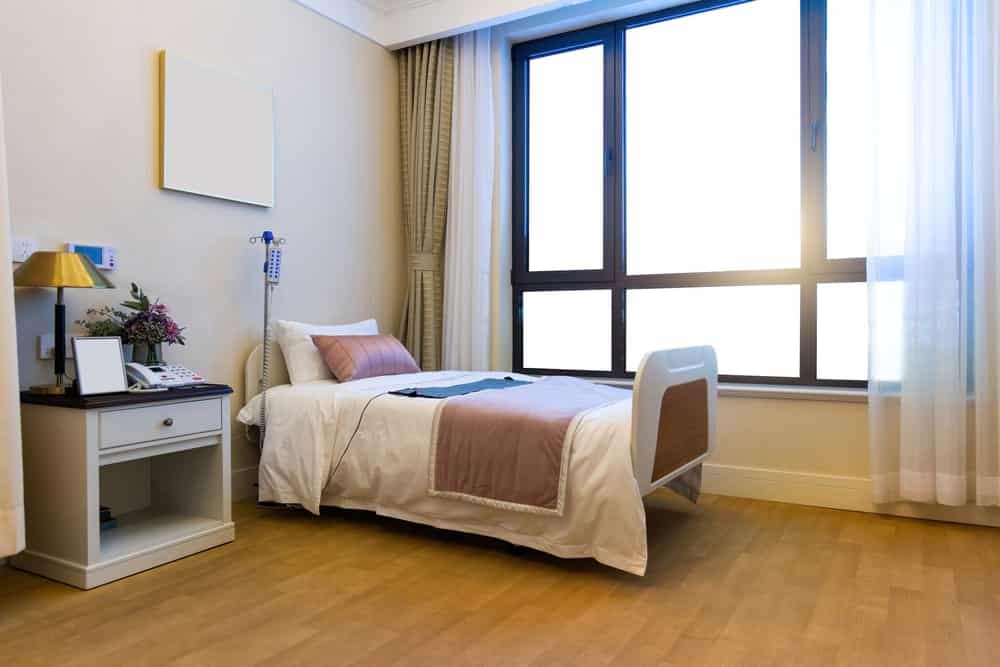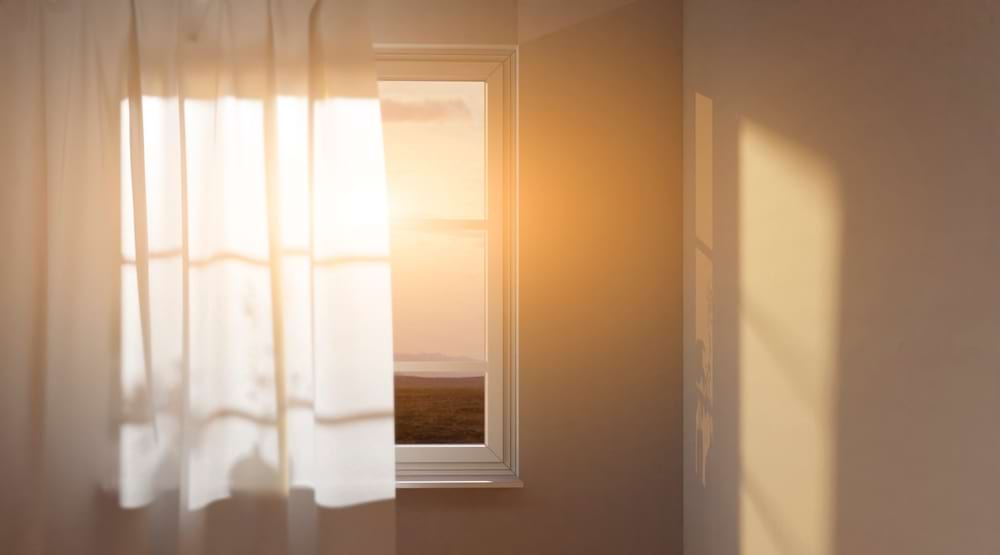Viewings are an essential part of selling a home.
Both buyers and sellers should carry them out with care.
Below, we’ve given both house viewing tips for buyers and house viewing tips for sellers.
House viewings: An overview
House viewings are a critical part of both the marketing of the property and sales parts of house sales.
Most people at viewings have already seen the price, location and photos of the property. This means they qualified potential buyers.
(Of course, there are time wasters who attend viewings, too…)
Sellers aim to show their home in the best possible light in viewings in order to get the highest potential offer.
Buyers aim to view properties as objectively as possible – both positive and negative points. However, their goal is naturally to secure the lowest possible offer.
Viewings are largely about the potential buyers seeing properties. But understanding the property is equally crucial, so questions and discussions with sellers (or their estate agents) are an essential part of them.
After viewings, negotiation takes place between buyers and sellers, often via estate agents. Viewings (and second viewings) will often play a part in this. I.e., both parities will reference aspects of the viewings to bolster their position.
Open house viewings
Open house viewings are when property is opened up for multiple potential buyers to view.
A specific date (usually at a weekend) will explicitly promote the viewing as such. Anyone who sees this advertising can view the property.
Open house viewings are useful because they reduce the amount of house staging a homeowner has to do and maximises the potential viewers over a relatively short time frame.
House viewing tips for buyers
1. Go with someone else
It’s often best to bring someone else with you to a house viewing. A second opinion can be crucial.
They might think of questions that you forgot, or they could spot problems that you missed.
You’re also less likely to feel pressured when someone is with you.
Perhaps the estate agent tries to commit you to making an offer. Or you could start revealing more than you should with no one else to talk to.
2. Ask the right questions
Asking questions is an essential part of viewing a house. You shouldn’t be afraid to raise your concerns.
Even if the estate agent doesn’t have the answer, they can let you know later on. A few examples of questions to ask include:
- Why are the owners selling?
- How long has it been on the market for?
- Are there any offers?
- Is any furniture or appliances included?
- What are the neighbours like?
- Which local amenities are in the area?
These details are all significant. Some impact your negotiation on the house’s asking price, while others affect your living experience once you move in.
3. Be thorough with the smaller details
Attention to detail is critical when you view a house. The owner will stage it to look completely perfect.
But underneath the decoration, there are usually issues that I’ve been covered up.
Don’t rush through the viewing. Pay attention to the smaller details that all weigh into your decision. This might include:
- Storage space
- Which way the house faces
- Cracks in the paintwork or walls
- Number of plug sockets
- How large the rooms are.
It’s worth noting all these smaller details. If you get stuck between several properties, these things can make all the difference.
Ask about the Energy Performance Certificate (EPC) rating. This will affect your monthly bills and whether you can let it out.
4. Check the boiler
You should check the boiler to see what condition it’s in. If it’s over 12 years old, many experts suggest it’s coming close to its expiry.
Ask whether there’s a history of leaks or damage to the unit. This is one of the most crucial features in a house that ensures it functions smoothly.
Even if it’s not the most glamorous of details, you can’t skip over it.
5. Pay attention to the surrounding streets and houses
Arrive at house viewings 15 minutes early allows you to look around the surrounding streets and get to know the neighbourhood.
If you see lots of derelict properties, unkempt front gardens or high levels of noise, this will affect the house value. And litter, graffiti, smashed glass, etc., could indicate it’s a high-crime area.
You should also research the area’s crime rates and other information online.
Selling a house in a bad location later on could be challenging.
If you’re particularly keen on the location, see if any other properties are nearby with a ‘For Sale’ sign. This gives you a second option if the current viewing doesn’t work out.
6. Don’t give too much away
You should be careful what you say in front of the estate agent.
If you reveal too many details, it could weaken your negotiating position or cause them to think you’re not a viable candidate.
Don’t indicate the urgency of your timeframe or your budget’s precise limits.
7. Take pictures if you can
Ask the estate agent for permission to take photos. This is invaluable as it allows you to review the property objectively further down the line.
Memories can often become blurred, and you might exaggerate certain parts.
If you find yourself debating between several different properties, photos give you evidence of the features each one has.
You’ll also be able to show these pictures to people who aren’t at the viewing but will be affected by the sale.
This could include family members you live with. But it might also be friends whose opinion you want.
8. Don’t view too many properties at once
When you view too many houses on the same day or weekend, they can blur together.
This impacts your judgement and makes it challenging to make a measured choice. Give yourself a couple of days between each viewing.
9. View the house more than once
There’s no rule saying that you can only view a property once. The more you view it, the more likely you are to spot issues.
Viewing the house several times also allows you to develop rapport with the estate agent.
You could learn more details about the sellers. And multiple viewings allow you to bring loved ones who didn’t attend the first time.
House viewing tips for sellers
Use a professional staging company
Staging isn’t often just a matter of cleaning up a property before photographs and viewings.
It can also involve repositioning and hiring furniture and art, changing rooms usage and even – in the case of luxury property – hiring sportscars to leave on the drive.
Property staging specialists can help ensure your home follows the best practices and recent trends for staging. It can be a worthwhile investment for ensuring your viewing is a success.
Make sure photos align with staging
Whether use a staging company or do it yourself, you should make sure how your property is staged in photographs matches how it looks for in-person viewings.
Not ensuring this creates a disconnect between viewers expectations and reality, which in turn can disappoint them or create a sense of unfamiliarity that dampens their viewing experience.
Don’t attend!
Anecdotally, many estate agents believe that homeowners attending viewings puts off potential buyers.
Many suggest having estate agents view instead. As long as the estate agent is well prepared, they can do a better job of showing viewers around. The latter will also feel less awkward about asking critical questions.
Leave food and drink out
Leaving food and drink out for viewers can help enhance their experience and positive associations with your property.
Make the food and drinks appropriate to the time. For example, leave out coffee for morning viewings. And for weekday evening viewings (which Foxtons found make up 39% of viewings), leave non-caffeinated drinks and light snacks.



















